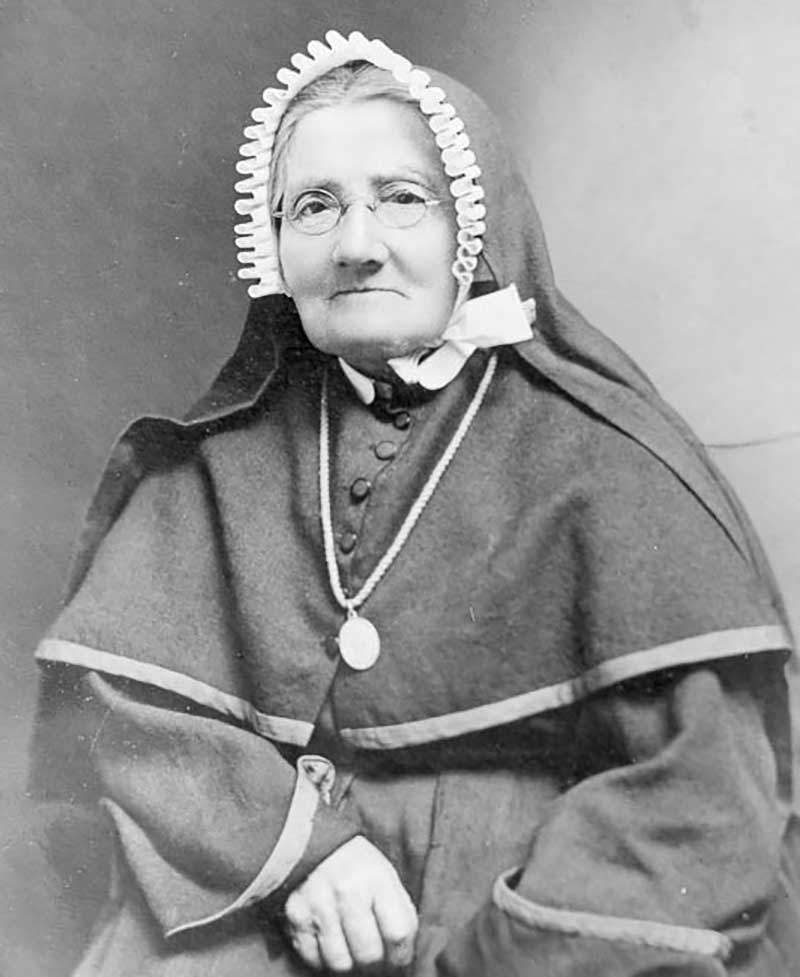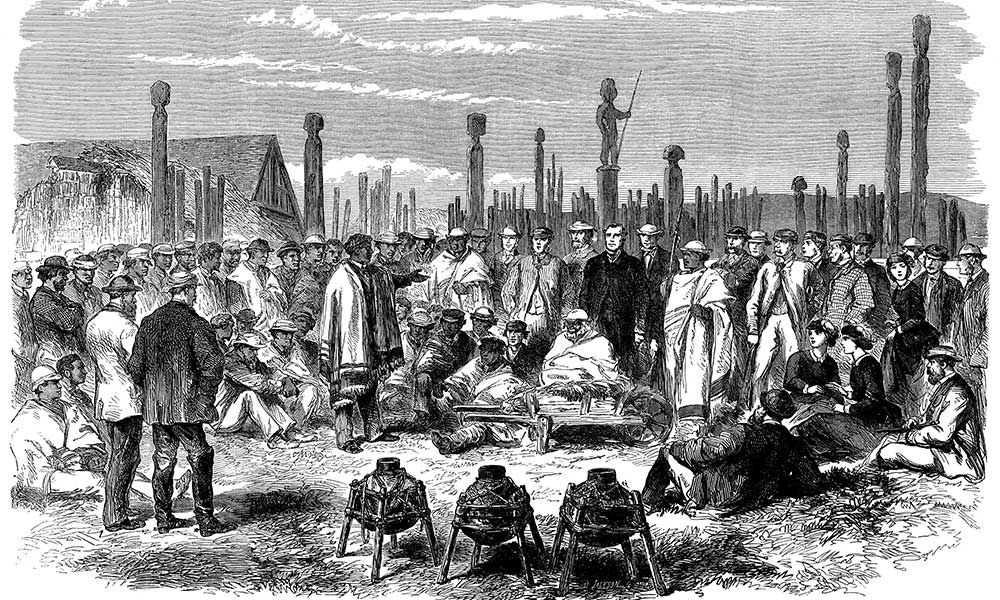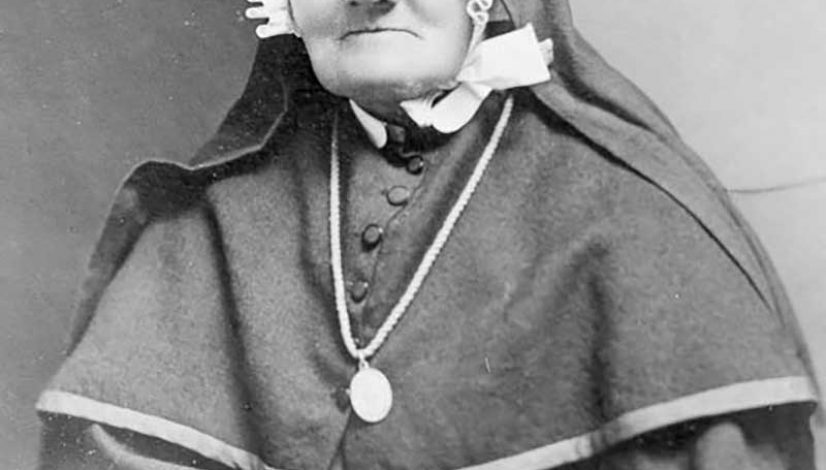Pot Farmer Could Become New Zealand’s First Saint
The post Pot Farmer Could Become New Zealand’s First Saint appeared first on High Times.
Suzanne Aubert, a French-born woman who spent 60 years working as a Catholic nun in New Zealand, could soon become New Zealand’s first saint. After a 20-year campaign to bestow the sainthood on a woman Pope Francis has described as “venerable,” the New Zealand Catholic Church has just one thing left to prove: that Aubert performed two miracles in her lifetime. And the church should look no further than Aubert’s use of medicinal cannabis in her nursing practice.
Weed-Growing Nun Could Become New Zealand’s First Saint

Photo Courtesy of Wikimedia
Besides living a life of pious devotion and good deeds, becoming a saint in the Catholic Church requires performing two “miracles” that can’t be explained by science.
And for that reason, the fact that the woman in line to become New Zealand’s first saint was a medicinal pot farmer is totally appropriate.
Even today, many of the reported therapeutic and healing effects of cannabis have yet to find their scientific grounding. Yet Suzanne Aubert, known by her cleric name Sister Mary Joseph, seems to have had considerable faith in the undocumented healing powers of cannabis.
By all accounts, Mother Aubert was something of a renaissance woman. She and the women of the religious order she founded, The Sisters at Hiruharama, didn’t just follow the usual customs of cloistered life. They taught school and nursed the sick. They farmed the land, cultivated orchards, sold fruit to tourists and helped to raise homeless children.
To fund their charitable works, Aubert made and marketed medicines. In particular, Aubert produced medicines made from cannabis. And according to the book New Zealand Green: The Story of Marijuana in New Zealand, Aubert was the first settler to grow cannabis in New Zealand.
New Zealand’s First Saint Learned Cannabis Healing Practices From The Māori People

Photo Courtesy of Wikimedia
Long before Europeans arrived on the island, New Zealand had been settled by Polynesians from Eastern Polynesia in 1280 CE. Their descendants became known as the Māori, and they formed a distinct culture of their own.
It wasn’t until the 18th century when Europeans began to settle on the island in any significant number. They set up trading posts with the Māori, and historians describe most of the contact between the two groups as peaceful.
Yet colonialism is always disruptive of indigenous ways of life and culture. And missionaries like Aubert were tasked with teaching Māori people to incorporate aspects of Western life and culture into their societies.
This kind of cultural imposition is typically a one-way street. But Aubert was remarkably receptive to Māori customs, knowledge and languages.
Aubert taught herself to speak to the Māori and wrote a dictionary. She also had a deep interest in rongoā, the traditional Māori healing practices.
In truly synthetic fashion, Aubert blended rongoā healing practices with Western medicine she learned from Florence Nightingale during the Crimean War.
Cannabis was central to rongoā healing. And Aubert made it a central component of the medicines she made and sold.
Records indicate that Aubert sold digestive aids, medicine for respiratory problems and topical ointments for wounds. All of which likely included what locals called “Indian hemp.” In other words, cannabis.
Aubert even brewed cannabis tea to ease the pain of her follow nuns’ menstrual cramps. All of these applications for medicinal and therapeutic cannabis use are, of course, still popular today.
Ironically enough, however, the year after Aubert’s death in 1926 saw the passing of the Dangerous Drugs Act. The act outlawed cannabis in New Zealand, and the country lives in prohibition to this day.
The post Pot Farmer Could Become New Zealand’s First Saint appeared first on High Times.


